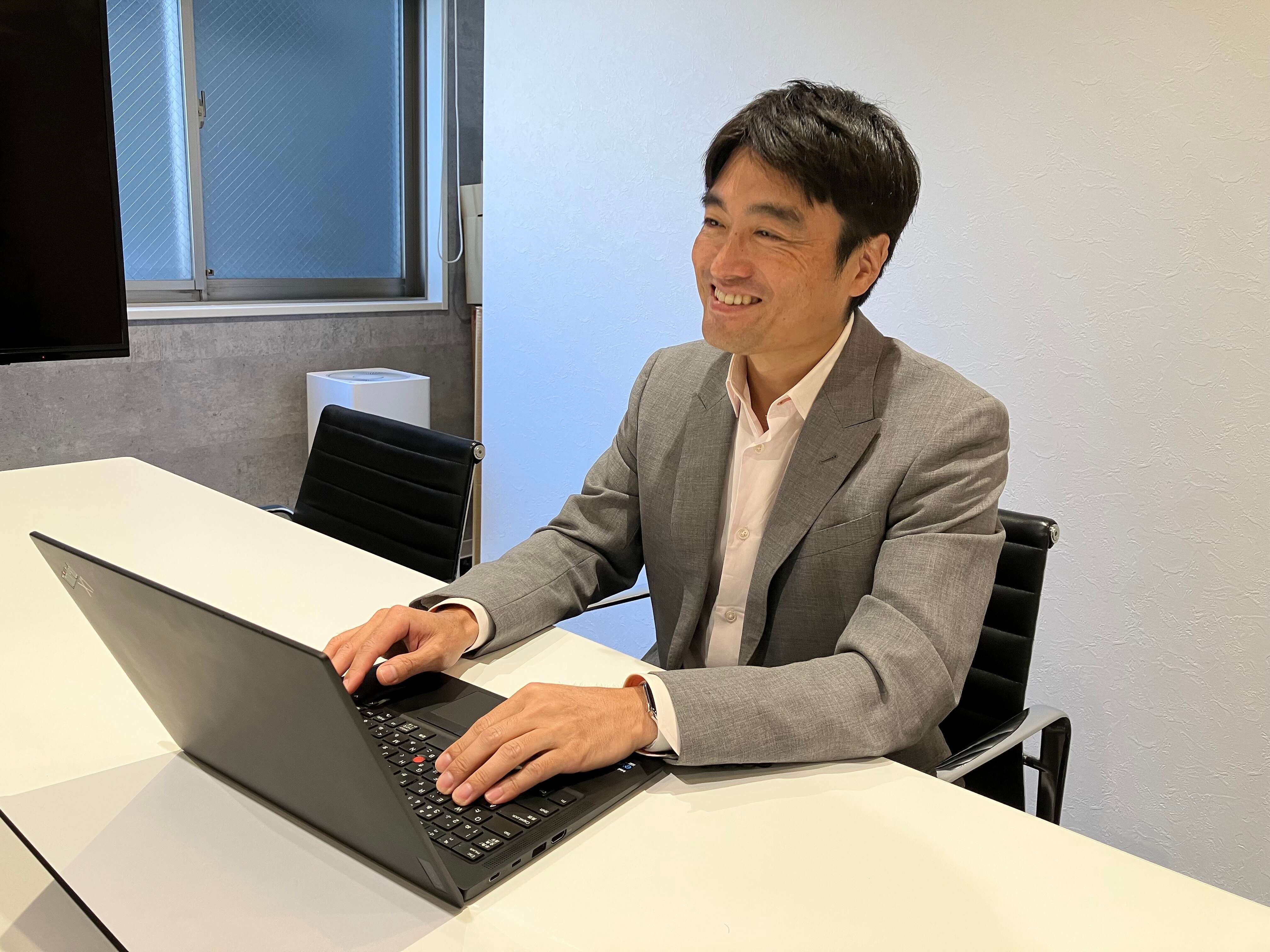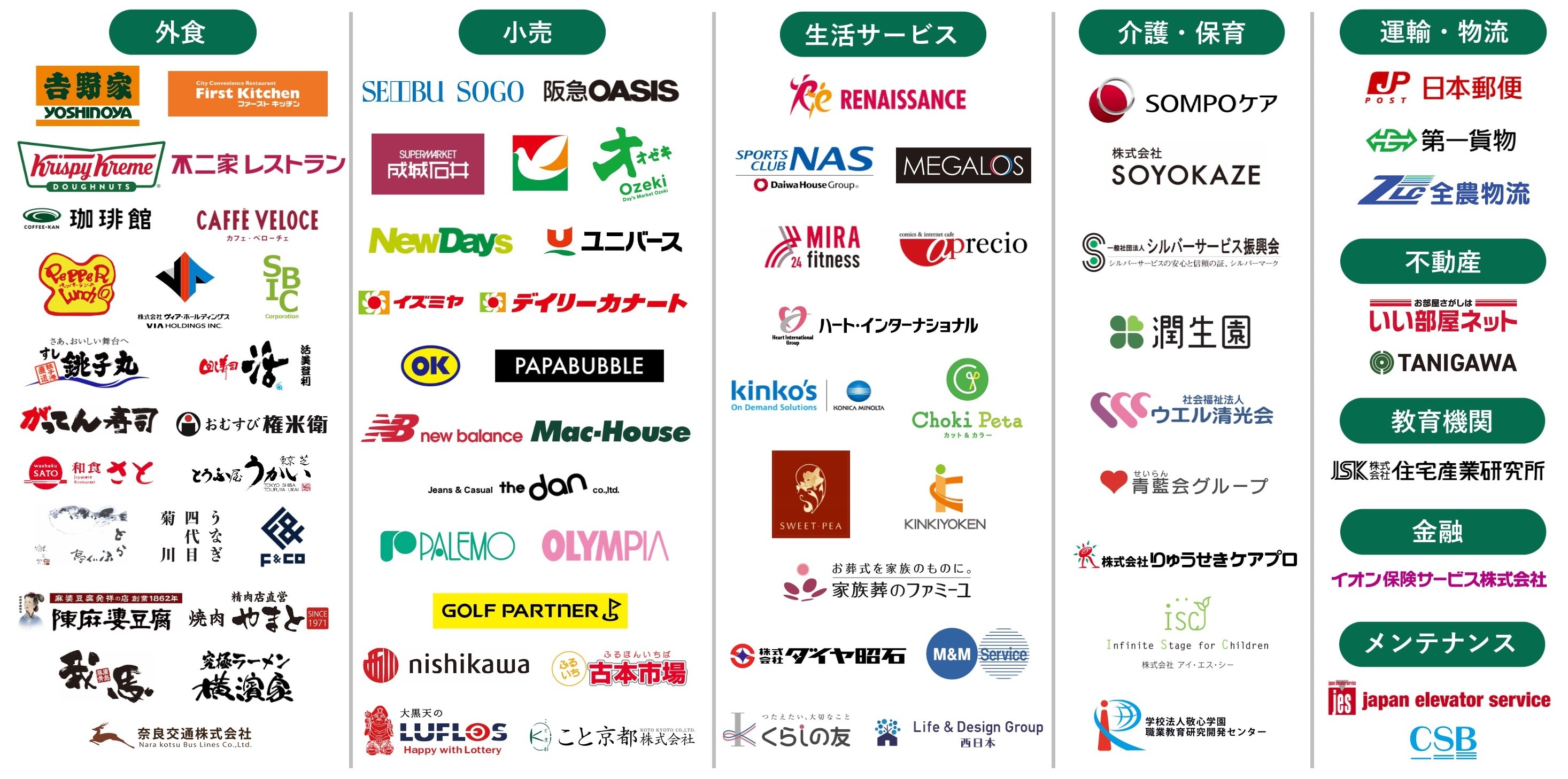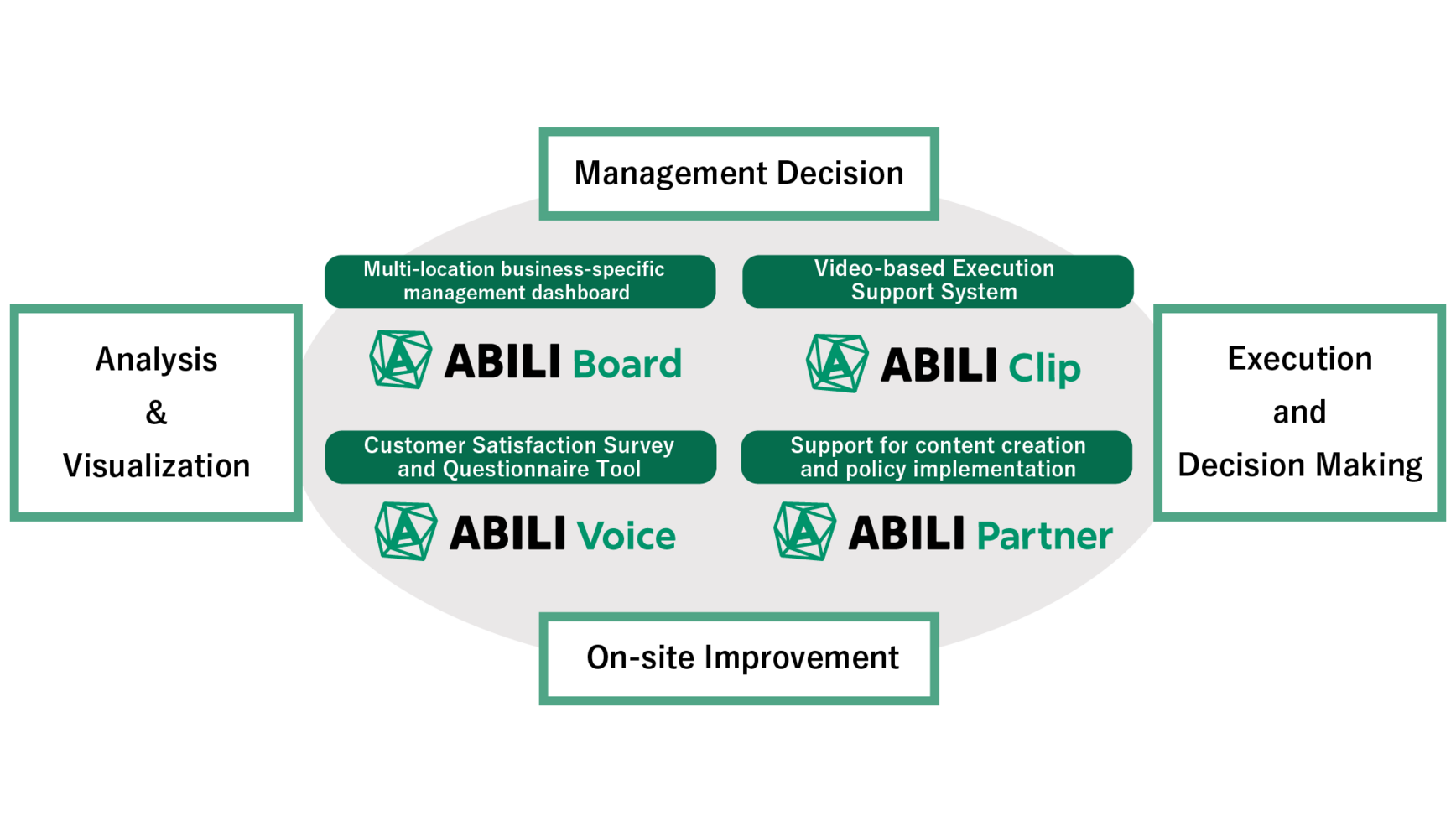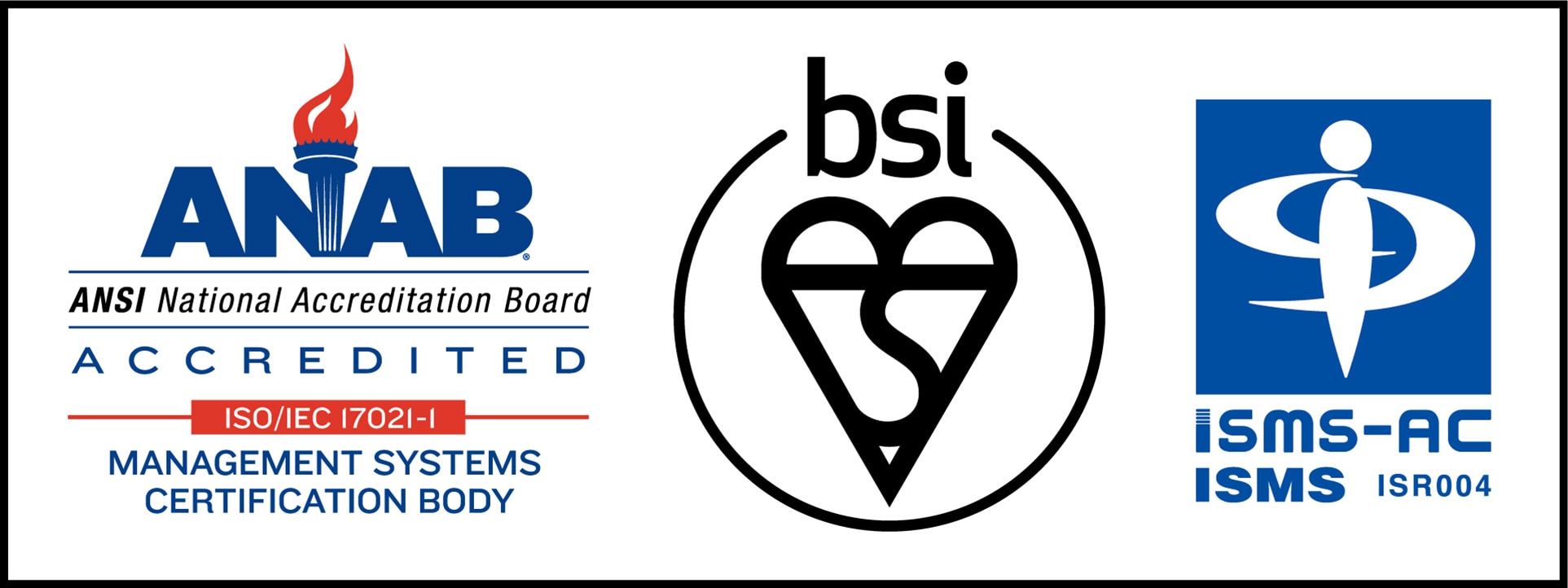As society continues to develop, there is a shift from "goods" to "services," and a worldwide trend toward third-party industries and services is happening. Even in Japan, the service industry is growing in size, and this trend should continue in the future. Many of the service industry companies are BtoC, and are directly related to our quality of life (QOL).
Despite its importantance, Japan's service industry and multi-store and multi-location businesses face the challenge of low productivity. The reasons often cited for this are issues on the service provider side, such as delays in digitization and mechanization, and non-standardization of operations, but there are also significant problems on the consumer side. In particular, "the high quality demanded by consumers".
When I was consulting for a major BtoB company, I was once asked to return a product because the cardboard was dented, even though the product inside was undamaged. As such quality is demanded for BtoB, even higher quality is required for BtoC, which targets a large number of unspecified customers. Of course, companies have no choice but to respond to these needs. As a result, the quality of products is often judged in terms of "taste" for the restaurant industry, and "quality of goods" and "price" for the retail industry. Productivity is declining and there is a lack of focus on delivering essential value.
On the other hand, for people from overseas, the Japanese service industry has an aspect of "meticulous service that they have never experienced before. Even quality that is taken for granted by Japanese people can be of great "value" to the rest of the world.
In recent years, Asian countries are also showing economic growth. It can be said that Japan, which has been leading the way, has entered a "phase of being overtaken" by mere economic growth. We believe that one of the ways for Japan to survive is to demonstrate such "value" to the world and have people rediscover its attractiveness.
So far, ClipLine has focused on "execution support" for multi-location businesses, particularly in the service industry, and has worked hard to solve industry-specific issues through the use of short-form video. For example, in the service industry, the "first month" is critical. By using ClipLine to train new employees when they join the company, we have been able to demonstrate the effectiveness of the service industry in retaining and promoting the success of its human resources.
In addition, we have received comments from customers that the use of videos has eliminated the issue of misinformation, “playing telephone”, when new products are introduced from the head office to the field, and so on. As a tool to be utilized when "new changes" occur, its introduction has expanded to 15,000 stores and 410,000 employees (*as of August 31, 2022).







